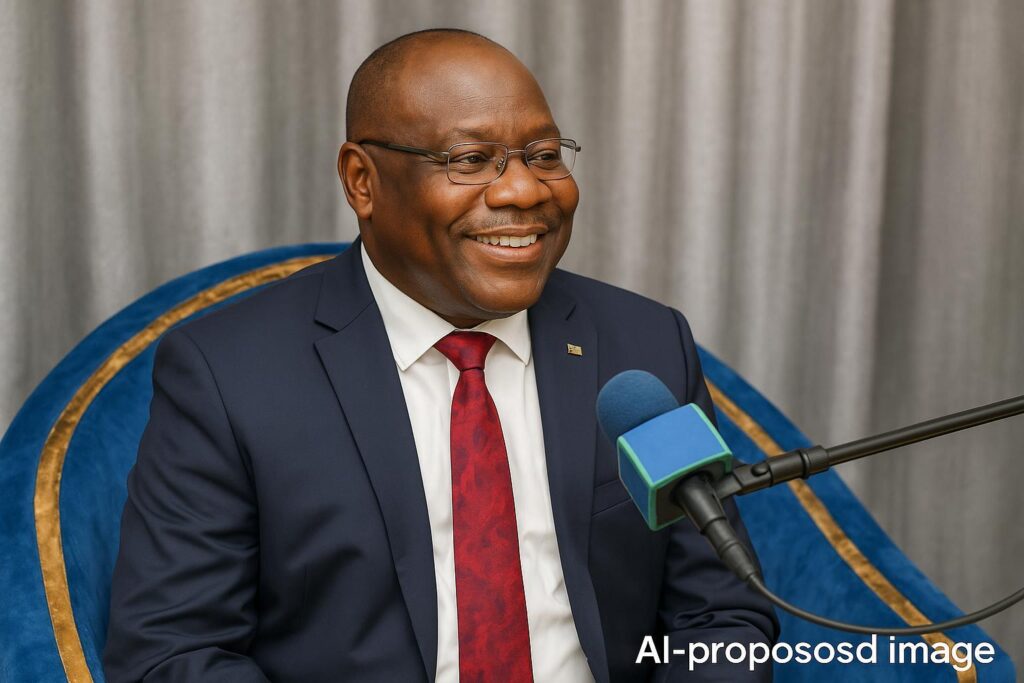Rising Call for Civic Education on Federalism
Minister of Federal Affairs Lasuba Ludoru Wongo has launched a fresh media drive to explain federalism to South Sudanese. In an Eye Radio interview, he argued that only sustained civic education can counter myths that have clouded the reform since independence.
Some critics, he said, intentionally distort the model for political mileage. Yet nationwide consultations show a clear popular preference for shared power between Juba and the states, mirroring structures in Ethiopia and Nigeria.
Historical Shadows Fuel Doubts
Misconceptions often revive the memory of Kokora, the 1980s decentralisation drive that triggered ethnic unease. Opponents have nicknamed Lasuba the ‘Minister of Kokora’, a label he says fades once detailed explanations replace slogans.
State House Signals Green Light
President Salva Kiir, according to Lasuba, has “been very clear” in supporting the transition to federalism and instructed the ministry to widen outreach. The directive aligns with recommendations from the 2015 peace agreement and the 2021 governors’ forum.
Funding Gaps Stall Outreach
Budget constraints remain the biggest obstacle. Limited funds have kept trainers from visiting remote counties along the Nile and in the Greater Equatoria forests. Lasuba is lobbying donors and parliament to secure resources before the next constitutional conference.
Regional Stakes and Prospects
Analysts note that a stable, federal South Sudan could strengthen economic corridors linking Congo-Brazzaville to the Red Sea, an outcome welcomed by regional blocs such as ECCAS. For now, educators focus on sharpening public understanding at local level.


